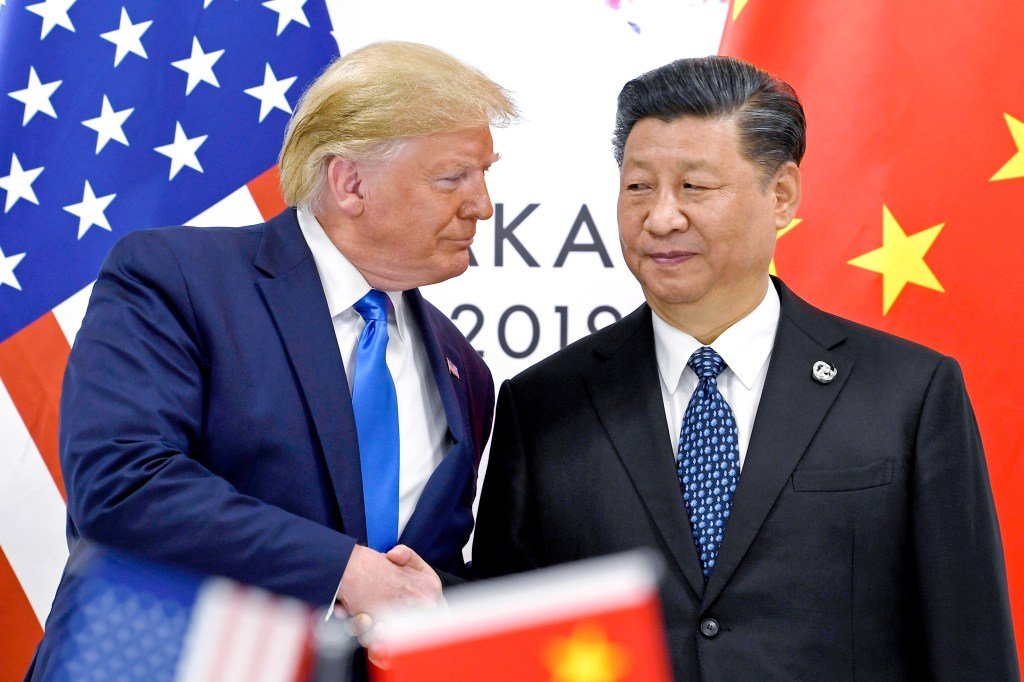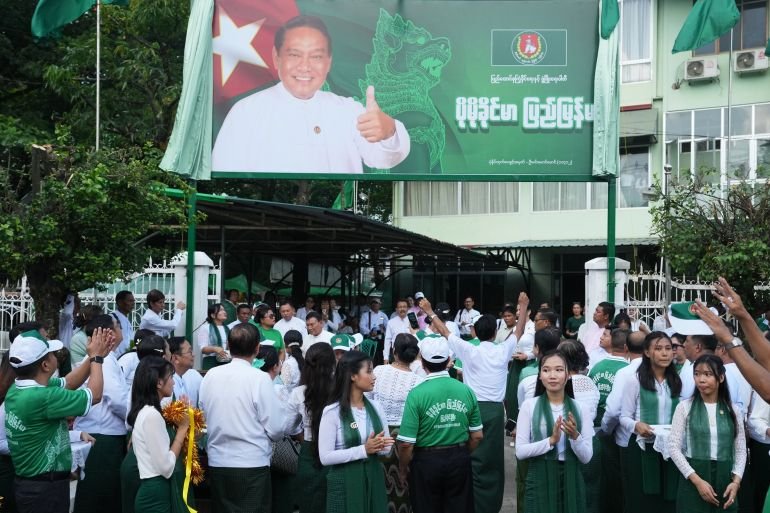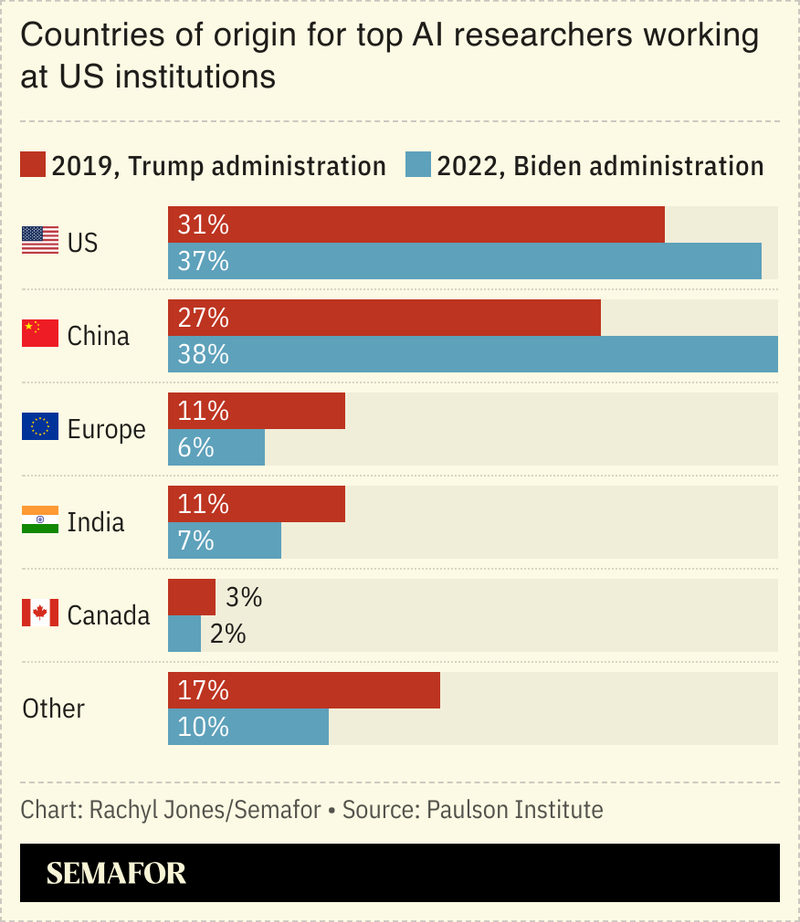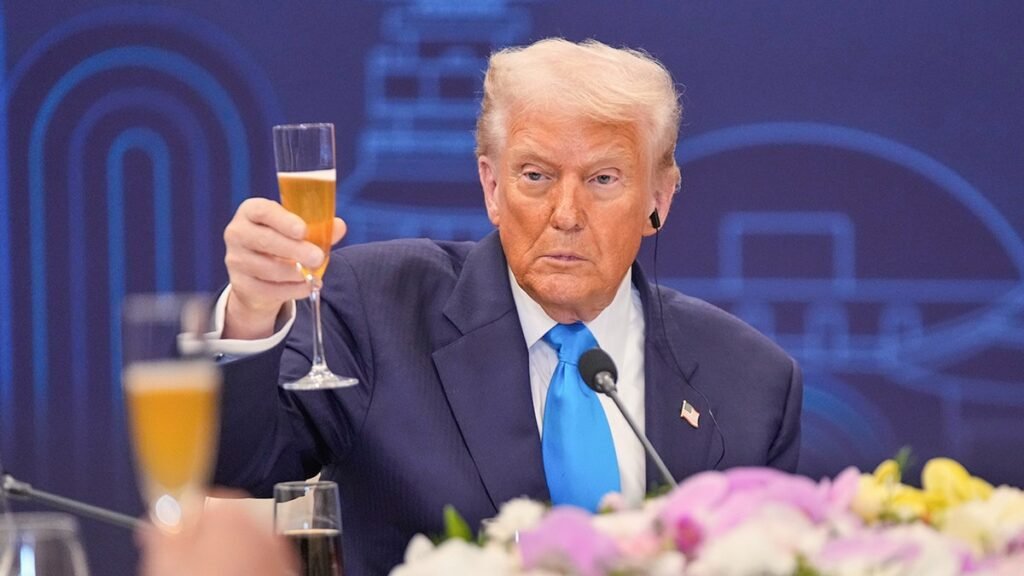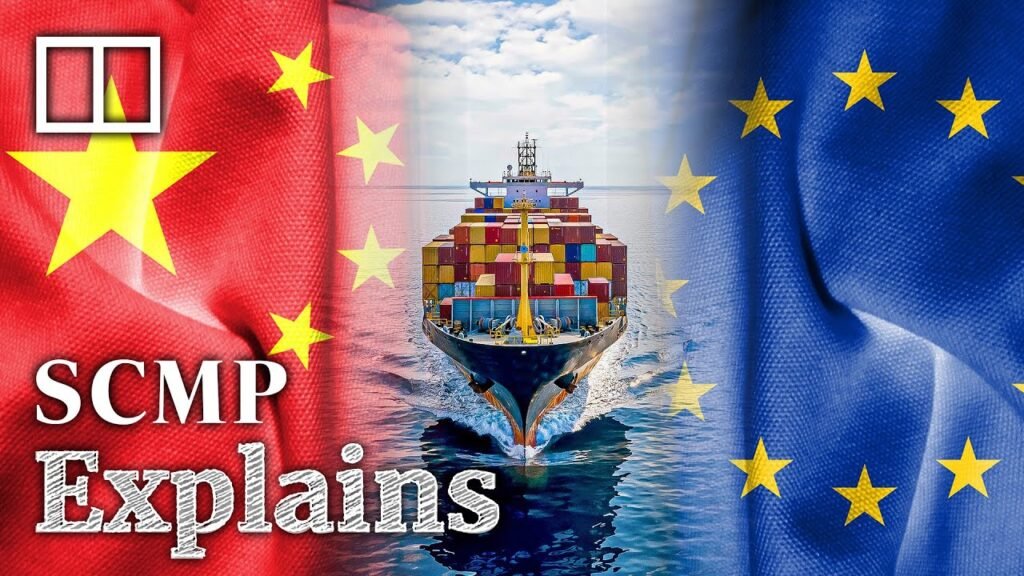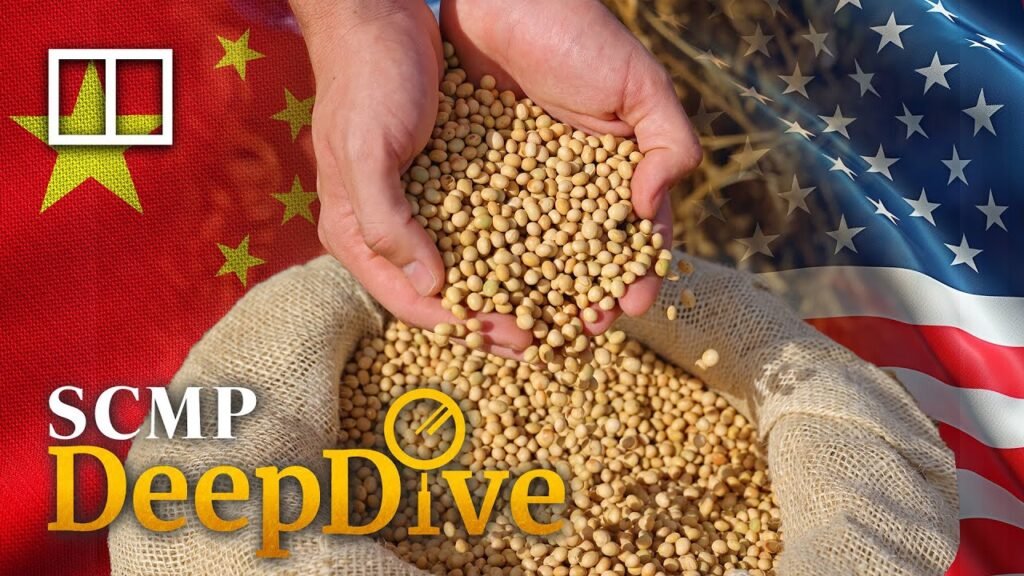Financial markets kicked off the week by gleefully cheering the weekend’s headlines that trade talks between the United States and China went smoothly. Just weeks earlier, Trump had threatened to impose a 100% tariff on Chinese exports and said he might call off a meeting with Chinese President Xi Jinping. Now, that meeting looks set to take place this week.
If all that seems like a rerun of a movie we’ve seen before but no one quite remembers how it ends, that’s because it never really did.
The latest escalation between Trump and Xi arose after Beijing announced plans to restrict exports of rare-earth minerals, critical materials needed to power a wide range of electronics.
But that’s hardly anything new — China, which controls the majority of the world’s supply of rare earth minerals, began putting measures in place to limit foreign access to them over 30 years ago. And as demand for China’s rare earths has increased since, so have the safeguards for allowing other countries to purchase them.
After meeting with Chinese trade negotiators in Malaysia over the weekend, US Treasury Secretary Scott Bessent said he anticipates the high-stakes meeting between Trump and Xi could result in “some kind of deferral” on rare-earth export controls.
US Trade Representative Jamieson Greer, who has lead Chinese trade talks with Bessent, said the Treasury secretary told Chinese negotiators at their last meeting, “This is the last time we want to be talking about rare earths.”
“Unfortunately, that is not the last time they want to be talking about it,” Greer told reporters earlier this month.

He’s right. “Some kind of deferral” simply means Xi is still going to be able to use access to rare earths as leverage over the United States any time he is perturbed with actions Trump takes.
And when Beijing inevitably announces new ramped-up export controls of rare earths, Trump will likely respond by threatening higher tariffs.
But there’s no guarantee Trump or Xi will build off their envoys’ groundwork. Trump has a recent history of stirring the pot, undermining the diplomatic victories Bessent and Greer secured with China. For instance, just weeks after they inked a deal resulting in significantly lower tariffs on both countries, Trump slapped export controls on chip design software to China. (Those were later lifted.)
The more optimistic take, though, is there could be some breakthrough deal on rare earths or otherwise that comes out of a meeting between Trump and Xi this week. But it’s still hard to take any progress between Trump and Xi too seriously, considering both sides have alleged the other violated prior deals.
Just last week, Greer opened an investigation into whether China is adhering to the terms of a trade agreement Trump brokered during his first term. As part of that agreement, China committed to increasing purchases of American products by $200 billion by the end of 2021. However, it fell far short of that level.
As Trump sought to lower the temperature with China, a longtime rival, he raised it with one of America’s biggest allies and neighbors, Canada.
In response to an ad Ontario commissioned that featured parts of an anti-tariff speech by former President Ronald Reagan in 1987, Trump threatened to increase tariffs on Canada, America’s second-largest trading partner, by an additional 10%.
Canadian Prime Minister Mark Carney has been hesitant to retaliate against tariffs Trump has enacted on his country, but that doesn’t mean he won’t. After Trump suspended trade talks over the tariff ad, Carney told reporters Monday: “It doesn’t pay to be upset. Emotions don’t carry you very far.”
Either way, if Trump continues to alienate his allies, he risks making America’s economy even more dependent on China.

